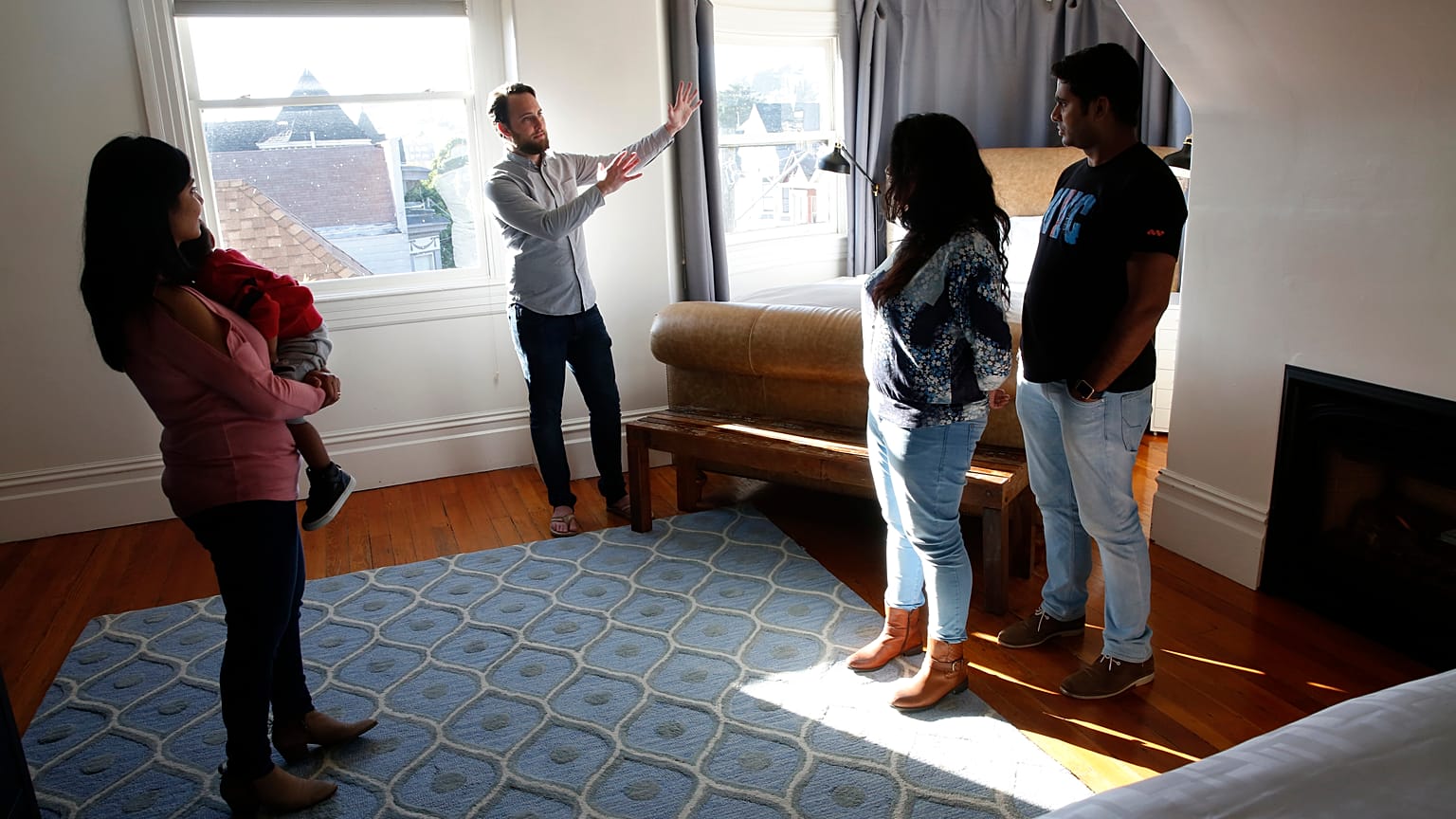An agreement is still needed between the EU institutions, but the change would be significant for the industry in Europe.
Rules on data collection and sharing for short-term accommodation rental services, such as Airbnb and booking.com, could soon be harmonised in Europe, after EU member states agreed on the need for a sharing framework at EU level.
As things stand, data from online platforms in the short-term accommodation rental market are not standardised, with different collection and sharing rules existing in each EU country.
Member states want this to change, however, and the agreement on Thursday could pave the way forward for harmonisation.
Negotiations with the European Parliament will eventually have to be started once MEPs establish their position on the matter, but Airbnb welcomed the decision anyway.
"We continue to encourage the EU to focus its discussions on disproportionate local rules that undermine the single market and prevent many everyday Europeans from sharing their homes and benefitting from visitors to their communities," the company said.
If the new rules were to go ahead, it would reduce red tape and costs for hosts and platforms while at the same time allowing the authorities to have the data they need to regulate activity.
Kenneth Haar from Corporate Europe Observatory said the decision is a step in the right direction, but he stressed that the most important element should be to stop the negative impact that these platforms have on rent and on the availability of housing for locals.
"The cities across Europe would need to have access to effective tools to implement restrictions on their operations," Haar told Euronews.
"We've seen that for eight, nine years now, a lot of cities in Europe have tried to contain the phenomenon that's been spreading so rapidly in order to keep a decent number of apartments and houses for locals.
"Very often European legislation is passed in the name of innovation and competitiveness and very little concern is included on how that can affect other interests in society," he added.















